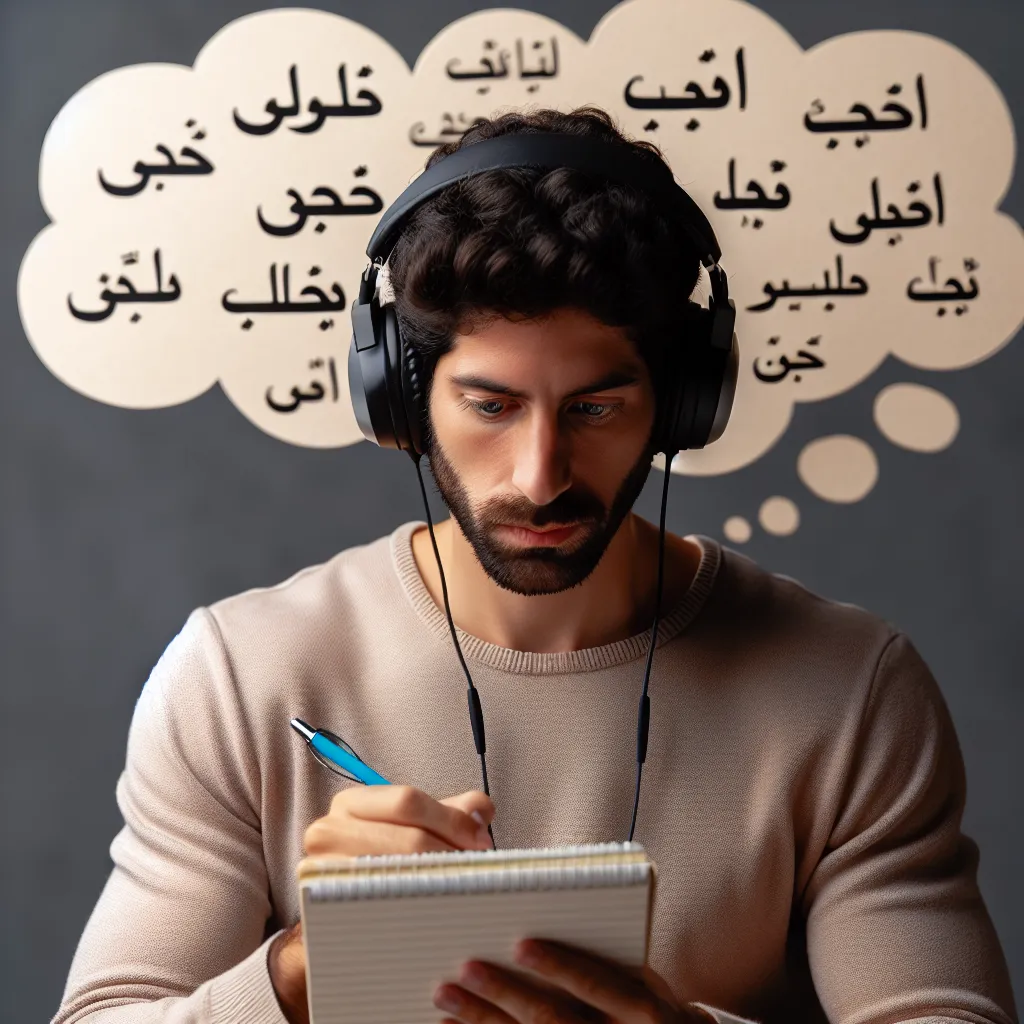Learning English can be challenging, especially when you’re trying to practice in noisy environments. Whether you’re in a bustling café, a crowded street, or a lively classroom, background noise can significantly impact your ability to understand and process English. However, with the right strategies, you can overcome these obstacles and enhance your comprehension skills. In this article, we’ll explore ten effective tips to help you improve your English comprehension in noisy settings.
 English comprehension in noisy environment
English comprehension in noisy environment
Why is English Comprehension in Noisy Environments Important?
Before diving into the tips, it’s crucial to understand why improving your English comprehension in noisy environments is essential. In real-life situations, you’ll often encounter English in less-than-ideal acoustic conditions. Whether you’re traveling, working in an international company, or simply watching movies without subtitles, the ability to understand English amidst background noise is a valuable skill that can significantly enhance your overall language proficiency.
1. Train Your Ears with Background Noise
Gradual Exposure Technique
One effective method to improve your English comprehension in noisy environments is to gradually expose yourself to background noise while practicing. Start with low levels of ambient noise and progressively increase the volume as your skills improve. This technique helps your brain adapt to processing English amidst distractions.
For example:
- Begin by listening to English podcasts or audiobooks in a quiet room.
- Gradually introduce soft background music or white noise.
- Progress to practicing with TV shows or radio playing in the background.
- Finally, try comprehension exercises in more challenging environments like cafés or parks.
2. Utilize Noise-Cancelling Headphones
Technology as a Learning Aid
Investing in a good pair of noise-cancelling headphones can be a game-changer for improving your English comprehension in noisy settings. These headphones reduce ambient noise, allowing you to focus on the English audio content more effectively.
Tips for using noise-cancelling headphones:
- Choose headphones with adjustable noise-cancellation levels.
- Use them during listening exercises to gradually decrease dependence on noise reduction.
- Practice with and without noise-cancellation to build versatility in your comprehension skills.
3. Focus on Context Clues
Developing Inferencing Skills
When background noise interferes with your ability to hear every word clearly, focusing on context clues becomes crucial. Train yourself to use surrounding information to infer the meaning of words or phrases you might have missed.
Strategies for improving context-based comprehension:
- Pay attention to the overall topic and theme of the conversation or audio.
- Look for visual cues if available (e.g., body language, facial expressions).
- Practice predicting what might be said next based on the context.
4. Enhance Your Vocabulary
Building a Robust Word Bank
A strong vocabulary can significantly improve your ability to understand English in noisy environments. When you’re familiar with a wide range of words, you’re more likely to recognize them even when partially obscured by background noise.
Vocabulary-building techniques:
- Learn words in context through authentic materials like news articles and books.
- Use spaced repetition systems (SRS) to review and retain new vocabulary.
- Practice using new words in various contexts to solidify understanding.
5. Improve Your Listening Skills
Active Listening Exercises
Developing strong listening skills is fundamental to improving comprehension in any environment, especially noisy ones. Engage in active listening exercises to train your ears and brain to process English more effectively.
Active listening activities:
- Practice shadowing: Repeat what you hear immediately after the speaker.
- Use dictation exercises: Write down what you hear, then check for accuracy.
- Engage in listening comprehension quizzes with increasing levels of background noise.
 Active listening exercise
Active listening exercise
6. Familiarize Yourself with Different Accents
Accent Adaptation Techniques
Exposure to various English accents can improve your overall comprehension, especially in noisy environments where accent differences might be more challenging to discern.
Ways to practice with different accents:
- Watch movies and TV shows from different English-speaking countries.
- Listen to podcasts featuring speakers with diverse accents.
- Engage in conversation exchanges with English speakers from various regions.
7. Practice Selective Attention
Focusing on Key Information
In noisy environments, it’s crucial to develop the skill of selective attention – focusing on the most important information while filtering out irrelevant noise.
Exercises to improve selective attention:
- Listen to recordings with multiple speakers and focus on following one specific voice.
- Practice identifying key words in a sentence while background noise is present.
- Engage in exercises where you need to extract specific information from a noisy audio clip.
8. Use Visual Aids When Available
Leveraging Multi-Sensory Learning
When possible, incorporate visual aids to support your comprehension in noisy environments. Visual cues can provide additional context and reinforce understanding.
Ways to integrate visual aids:
- Watch English videos with subtitles, gradually reducing reliance on them.
- Use language learning apps that combine audio with images or text.
- Practice lip-reading to supplement auditory information in face-to-face conversations.
9. Improve Your Overall English Proficiency
Holistic Language Development
Enhancing your overall English skills can indirectly improve your ability to comprehend in noisy environments. A strong foundation in grammar, vocabulary, and pronunciation makes it easier to fill in gaps when some information is obscured by noise.
Strategies for overall improvement:
- Engage in regular reading practice to strengthen your grasp of English syntax and vocabulary.
- Participate in speaking exercises to improve your pronunciation and listening skills.
- Use language exchange platforms to practice real-world conversation skills.
10. Practice Mindfulness and Concentration
Mental Focus Techniques
Developing strong concentration skills can help you maintain focus on English comprehension even in distracting environments.
Mindfulness exercises for language learning:
- Practice short meditation sessions before engaging in listening exercises.
- Use breathing techniques to remain calm and focused in noisy settings.
- Train your mind to quickly refocus when distracted by background noise.
Important Considerations
When working on improving your English comprehension in noisy environments, keep the following points in mind:
- Consistency is key: Regular practice in various noisy settings will yield the best results.
- Be patient: Improving comprehension skills takes time and persistence.
- Monitor your progress: Regularly assess your comprehension abilities to track improvement and adjust your strategies as needed.
- Take care of your hearing: While practicing in noisy environments, be mindful of volume levels to protect your hearing.
Next Steps
After implementing these tips, consider the following steps to further enhance your English comprehension skills:
- Set specific goals for listening comprehension in different noisy environments.
- Create a study plan that incorporates regular practice sessions in various noisy settings.
- Seek out opportunities to use English in real-world noisy environments, such as busy cafés or public transportation.
- Join language exchange groups or conversation clubs to practice with native speakers in diverse settings.
- Consider taking a standardized English proficiency test to objectively measure your progress in listening comprehension.
By consistently applying these strategies and challenging yourself to improve, you’ll develop the ability to comprehend English effectively, even in the noisiest of environments. Remember, each small step you take brings you closer to mastering this essential skill, opening up a world of opportunities for more confident and effective English communication.




